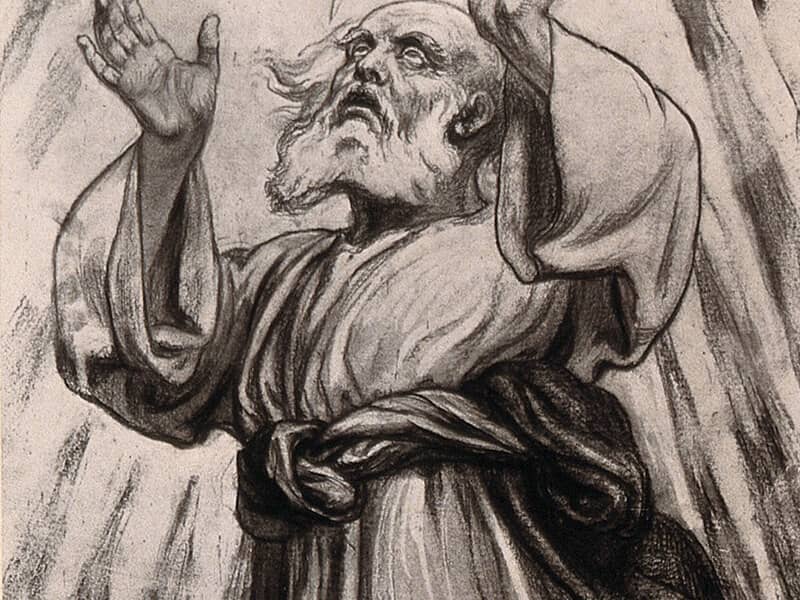More than 3,300 years ago, God swept the Jewish people out from our slavery in Egypt, where we had toiled for more than 400 years. He did not wait for a United Nations resolution on the matter -- the Almighty acted unilaterally, and for this, we Jews remain forever grateful.
Remembering the Exodus from Egypt is central to Jewish life -- so central, in fact, that we mention it in our prayers every single day. But why is it that this holiday, which celebrates liberation from slavery, involves so much physical labor? Many Jews, particularly the Orthodox, devote weeks to arduous cleaning of every nook and cranny of the house. This is because during Passover, Jews may not eat, own or even benefit from leavened products, such as bread, crackers, pasta and a whole host of other things, too.
In the Haggadah, our Passover playbook that recounts the history of the Exodus, it states that God took us out of Egypt "with a mighty hand and an outstretched arm." These are appropriate images to keep in mind since preparing for Passover requires both a mighty hand (two would be better) and an outstretched arm to get to those hard-to-reach crevices behind the couch where your kid stashed a packet of Oreos a few months back. Those who work so hard to clean their homes of any “chametz” (leavened products) may sit down at their seders exhausted, but with the satisfaction of knowing that their homes are truly kosher for Passover.
Still, why can't Jews just commemorate our liberation with some traditional Jewish comfort food, like chicken chow mein? Why does scrubbing down the house and eating hard, crummy matzah, which tastes stale even when it's fresh, remind us of freedom?
The answer is that freedom is more than just a physical reality; it's a spiritual condition. And without a structure to our lives, we have no freedom; we have only chaos. Gravity works much the same way: Without gravity, everything and every one of us would just float up into the atmosphere, hither and thither. Similarly, our value system is our "spiritual gravity" -- it's the structure that keeps us morally grounded. It gives us enough space to grow but not so much space that we'll just float around aimlessly, experimenting with potentially disastrous lifestyle ideas.
It's no coincidence that God gave the Jews the Torah -- his blueprint for living -- after our liberation from slavery. Slaves aren't free to make choices for themselves, but free people need guidelines, too. And who better to give them than the Almighty himself?
Similarly, the leavening that we search for before Passover isn't just physical -- it's a metaphor for the egotism and arrogance that can puff us up higher than a loaf of freshly baked bread. That's why preparing for Passover means more than looking for errant crumbs behind the refrigerator, and if that’s all that we do we have missed a huge opportunity to grow from the Passover experience. We are supposed to also spring-clean our souls, trying to rid ourselves of pettiness, selfishness and tunnel vision. We're multitasking: vacuuming with one hand but also taking an inventory of our character and trying to refocus on the things that really matter: our families, our values, God and the Torah He gave us to help us live a meaningful life.
Only when we have swept away this spiritual "leavening" can we really connect with the Festival of Freedom. Then, when we sit down to our Passover seders, we will be free -- truly free -- to celebrate this pivotal rendezvous with God, just as our ancestors have done for more than 3,300 years. We're rejoicing in our birth as a nation and to our reconnection to the tradition that has ensured our miraculous survival as a people.
Who knows? Perhaps any people able to digest this much matzah is surely an indestructible people indeed.
2016-06-30
2016-06-30
Join Beliefnet Today!
more from beliefnet and our partners

